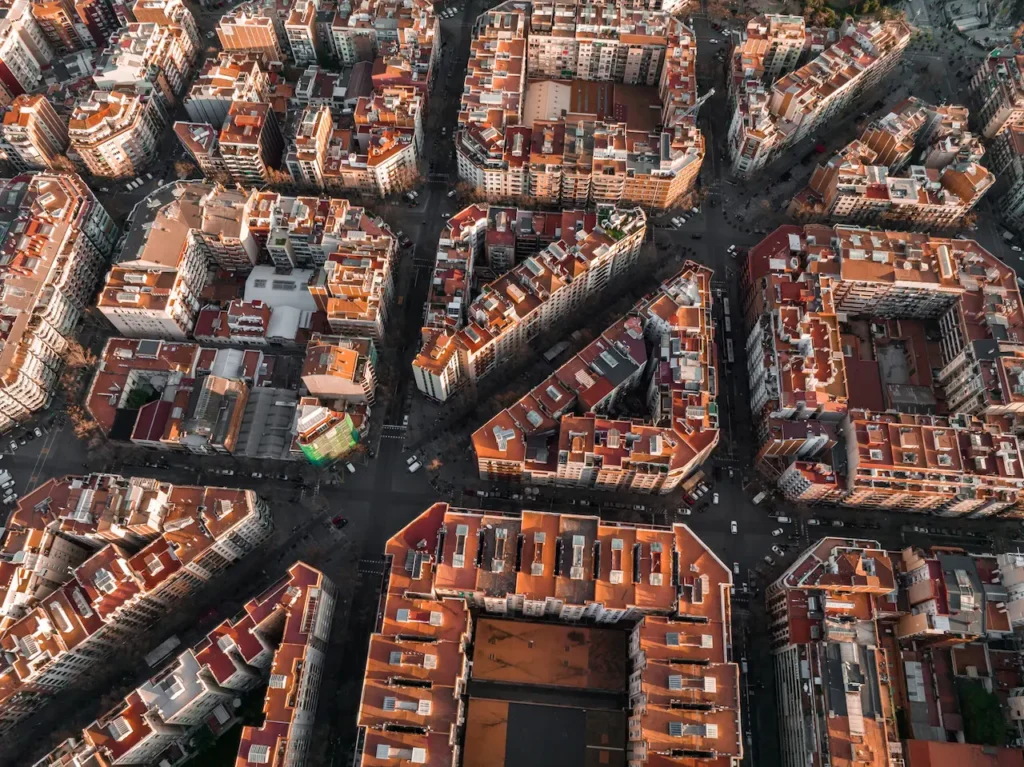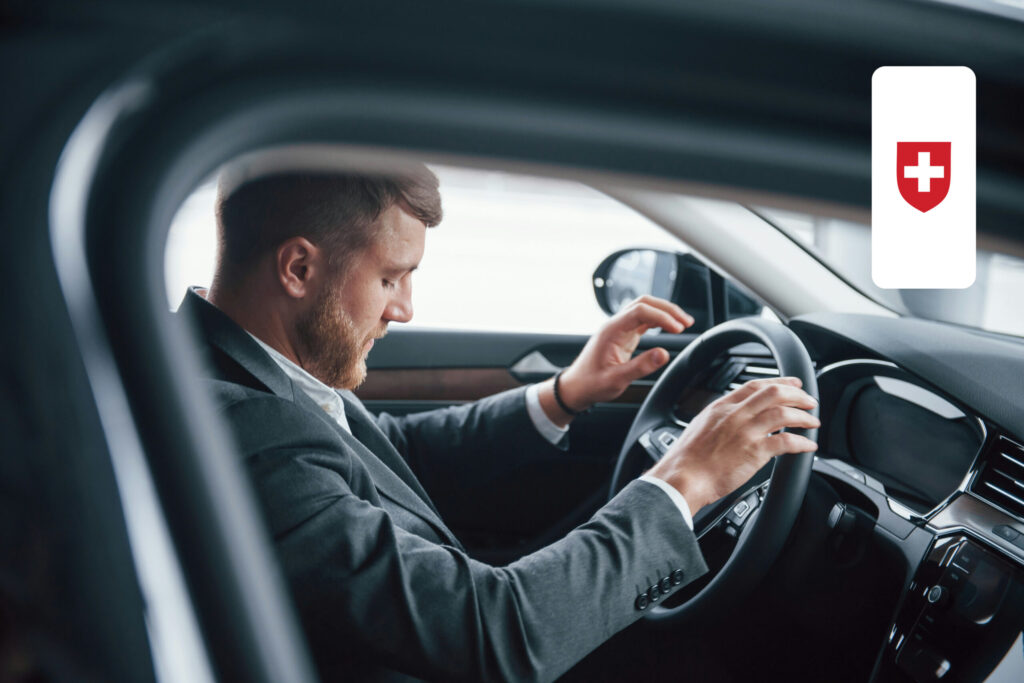
Fiat
Certificate of Conformity
Is the COC Fiat from EUROCOC the same as from Fiat manufacturer?
The answer is yes. Certificate of conformity Fiat that we sell is the same as the COC issued by Fiat manufacturer. As a matter of fact, it is exactly the same. We work directly with the manufacturer to make the process of obtaining COC fast and affordable. We are a dedicated COC service, therefore when purchasing a certificate of conformity, you are at the right place.
Can I get the COC Fiat for free?
The Fiat manufacturer, who has the correct dataset for the COC, charges a price for every print of the COC. Therefore there is always a price for COC Fiat. COCs that you can find on the market for free are most probably invalid datasheets that will not help you register your car.
About Fiat
Fiat Automobiles S.p.A. is an Italian automobile manufacturer, a subsidiary of FCA Italy S.p.A., which is part of Fiat Chrysler Automobiles (previously Fiat S.p.A.). Fiat Automobiles was formed in January 2007 when Fiat reorganized its automobile business, and traces its history back to 1899 when the first Fiat automobile, the Fiat 4 HP, was produced.More info here: https://en.wikipedia.org/wiki/Fiat_Automobiles
Fiat COC preview
Why is COC for Fiat important?
Certificate of conformity for Fiat holds important technical data, that are relevant for the respective VIN number. One of the most important technical pieces of information is the CO2 value, which serves as a basis for taxation in many EU countries. If the Fiat has a COC, it means it has a homologation for European Union and can be registered in every EU country.
We provide COCs for Fiat passenger cars manufactured after year 1996 as well as for Fiat light goods vehicles / vans / pickup trucks manufactured after year 2010.
| Passenger cars | SUVs / Crossovers | Vans / Pickup trucks |
| Fiat 124 Spider | Fiat Freemont | Fiat Doblo |
| Fiat 500L | Fiat Sedici | Fiat Ducato |
| Fiat 500X | Fiat Toro | Fiat Fiorino |
| Fiat Albea | Fiat Talento | |
| Fiat Barchetta | Fiat Scudo | |
| Fiat Bravo | Fiat Strada | |
| Fiat Coupé | ||
| Fiat Cronos | ||
| Fiat Doblo | ||
| Fiat Grande Punto | ||
| Fiat Marea Weekend | ||
| Fiat Mobi | ||
| Fiat Multipla | ||
| Fiat Ottimo | ||
| Fiat Panda | ||
| Fiat Panda 100HP | ||
| Fiat Panda 4×4 | ||
| Fiat Panda 4×4 antarctica | ||
| Fiat Panda Alessi | ||
| Fiat Panda Cross | ||
| Fiat Punto | ||
| Fiat Punto Evo | ||
| Fiat Seicento | ||
| Fiat Stilo | ||
| Fiat Tipo | ||
| Fiat Ulysse | ||
| Fiat Viaggio |
Why Choose EUROCOC?
Frequently
Asked Questions
What is Certificate of Conformity (COC)?
A COC (Certificate of Conformity) is a declaration of the conformity with the type approval of EC. The purpose of this document is to ensure the free movement of goods within the European Union, specifically for those goods that are subject to homologation and registration. We can supply you with the COC for:
- passenger vehicles (M1)
- light goods vehicles (N1)
- motorcycles (L)
A COC document is a producer’s declaration that the vehicle complies with the given approved type. This document contains information about the vehicle and its producer’s identification, type approval number, technical specifications and other data. The content of a COC is defined by EU regulation (Amendment IX, Regulation 92/53).
Do I really need COC?
If you have imported a vehicle from abroad, in most countries, you will need a Certificate of Conformity (COC) to confirm that the vehicle meets the technical and environmental standards required for it to be registered and driven without modifications.
However, in some cases, if specific details (such as technical specifications or approval codes) are already included in the vehicle’s documents, the COC might not be necessary. That said, authorities may still request the COC as part of the registration process.
The requirements for registering an imported vehicle vary between countries. More information on registration in a specific country can be found here.
Are the COC documents of yours originals?
Certificate of conformity as a document corresponds to technical characteristics of a unique vehicle such as VIN number, colour of the vehicle, number of seats, emission norms and standards, fiscal power, sound level, engine capacity, maximum speed, fuel type, consumption, gearbox type etc. Unlike certificate of registration, it usually has 51 technical points. If you want to see what information are included in the Certificate of conformity (COC), please check some of our COC samples.


Who can issue Certificate of conformity (COC)?
EUROCOC, as an intermediary is providing authentic and genuine certificates of conformity valid in all EU and EEA countries including Switzerland. Certificate of conformity is a document issued solely by car producer / manufacturer. COC is a document providing information about the vehicle at the moment of its production, that’s why only the manufacturer can have all necessary technical details about it.
How did the Certificate of conformity come about?
Since its creation, the fundamental aim of the EU was to ensure the free movement of goods and services. The single internal market was launched in 1993. This means that once certain goods are approved under applicable EU rules, they can be traded without any further approval. This also applies to vehicles. In the past, vehicles were approved by individual EU Member States. Later, new legislation (92/53/EEC, 2007/46/EC) entered into force and a single European procedure (“European single vehicle approval”) replaced the national approval system of Member States. European legislation sets technical requirements for all new vehicles in order to facilitate their registration, sale and entry into the services within the EU. Abolishing the need for multiple approvals can be considered the greatest benefit of the European type-approval, in addition to setting uniform requirements for a high level of safety and environmental protection. The Certificate of conformity is a proof evidence that a vehicle meets all the requirements set by EU regulations.
Have Any Questions?
Our customer service is at your disposal from Monday to Friday between 8:30 and 17:00


